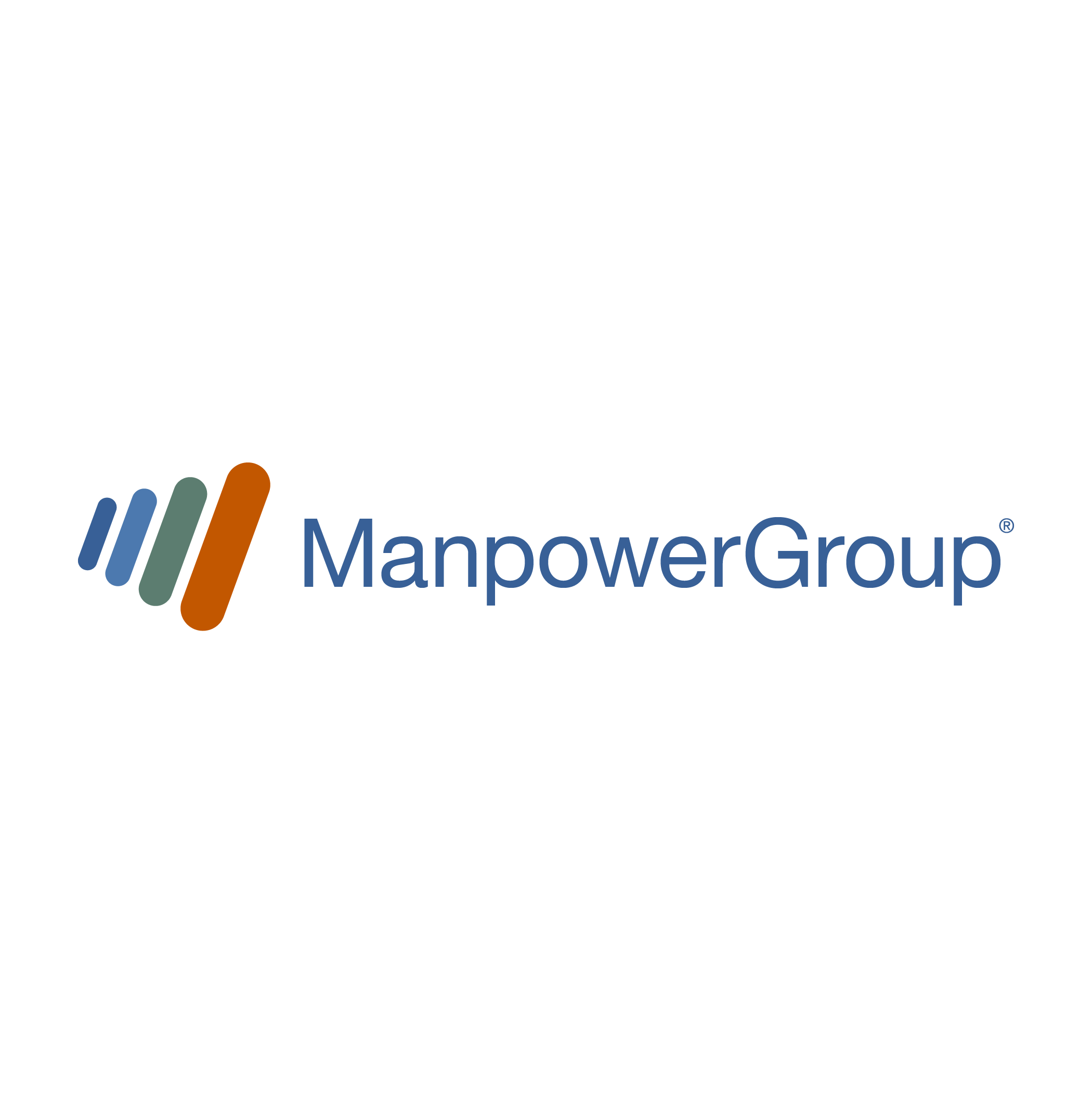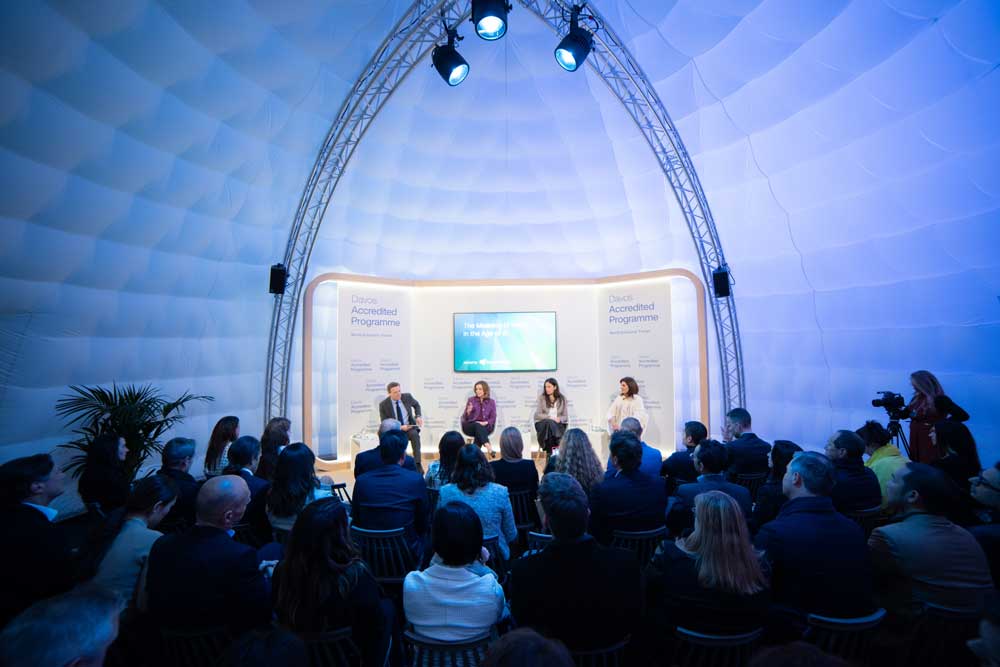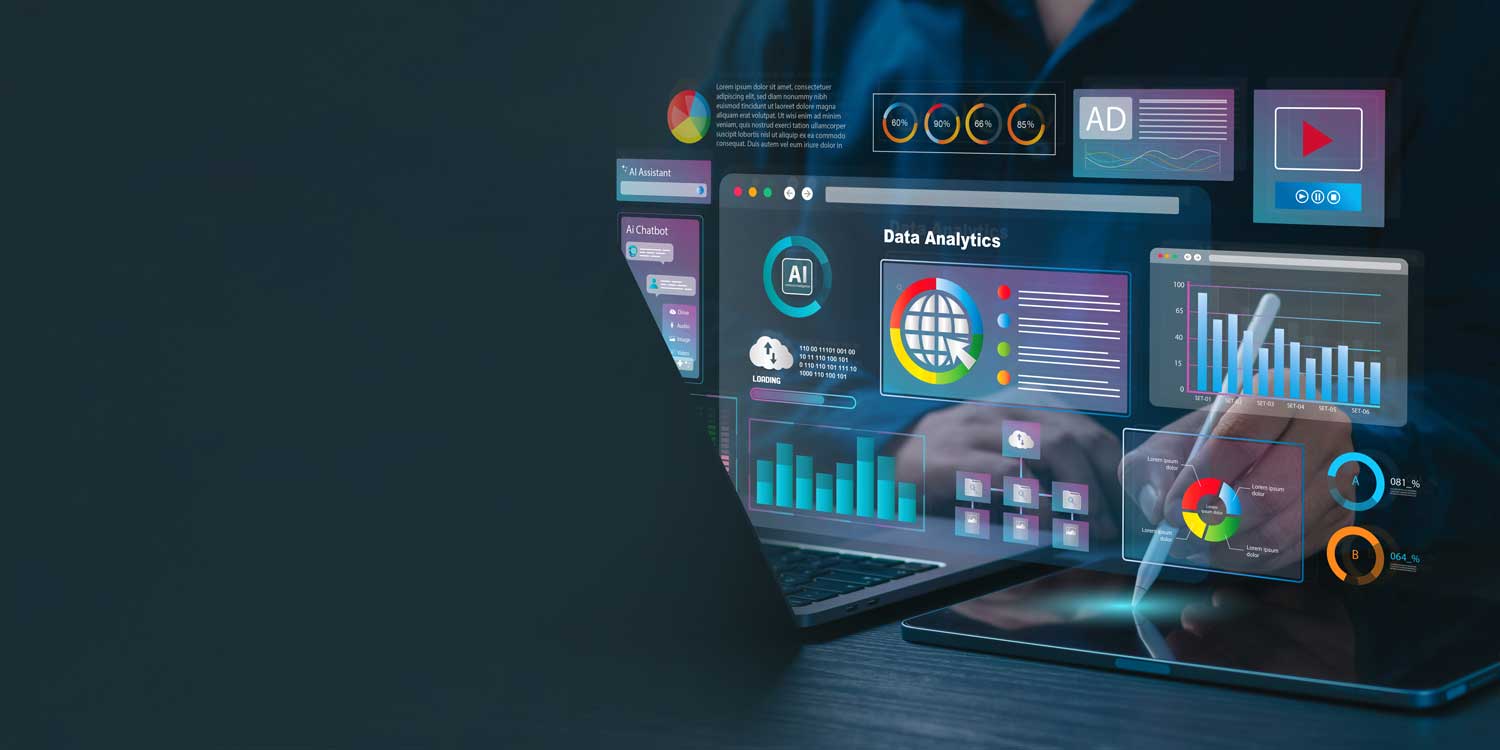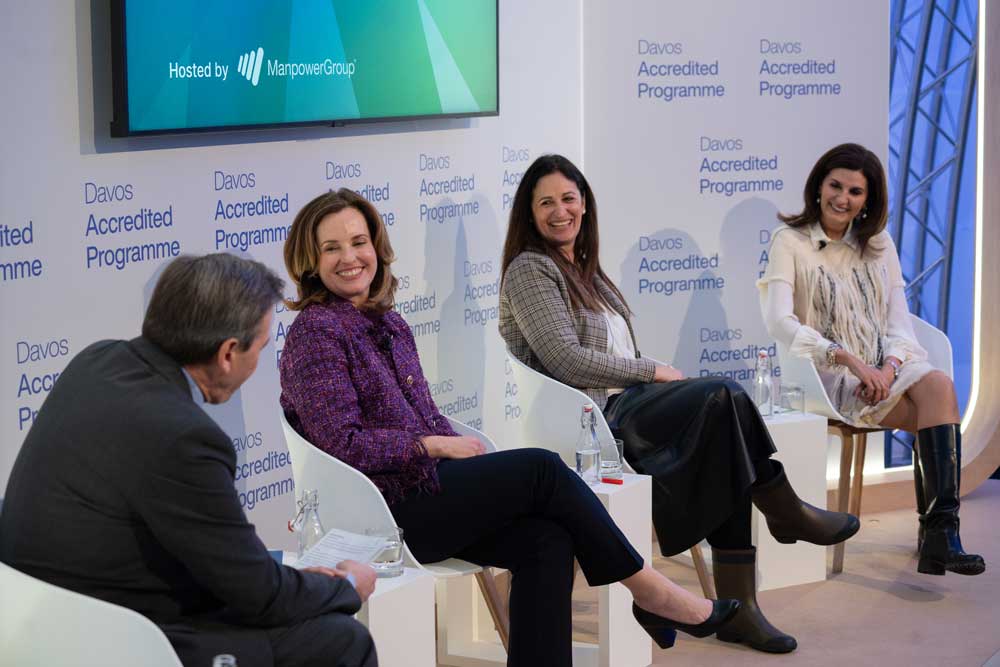The Reuters news staff had no role in the production of this content. It was created by Reuters Plus, the brand marketing studio of Reuters.

Produced by Reuters Plus for


What do we want work to be once AI grows up?
The nature of work itself is undergoing a profound transformation. Technological change and economic uncertainty are reshaping the global labor market. The World Economic Forum’s Future of Jobs Report 2025 predicts that by 2030, 22% of today's jobs will be created or displaced due to structural changes, with AI and big data emerging as the fastest-growing skills.
�This seismic shift is not just about job numbers; it’s about the essence of work and human value in an AI-dominated future. Employers must navigate a landscape in which 39% of existing skill sets are expected to become obsolete within five years.
�In the face of these enormous challenges, ManpowerGroup’s panel, The Meaning of Work in the Age of AI, tackled both the philosophical and practical implications of this new era. How will we measure human value when AI takes on more cognitive tasks? Can work still provide fulfillment and purpose?
�These questions, explored by Becky Frankiewicz, Chief Commercial Officer and President, North America, ManpowerGroup; Dr. Athina Kanioura, EVP and Chief Strategy and Transformation Officer, PepsiCo; and Francine Katsoudas, EVP and Chief People, Policy and Purpose Officer, Cisco, promise to shed light on the future of human identity in the workplace.
Global leaders convened this week at the World Economic Forum in Davos under the theme of Collaboration for the Intelligent Age. With the transformative power of GenAI a significant focus, a leadership panel hosted by ManpowerGroup, in the heart of the Davos Promenade, asked: “What do we want work to be once AI grows up?” This question could not be more timely.
Video caption






DAVOS 2025

The panel consensus was that the fundamental question of what work should and will become in a world where AI is ubiquitous cannot be answered with the conventional metrics of productivity and efficiency. We must look beyond these, as AI increasingly demonstrates the ability to handle cognitive tasks.
For many, this is a potentially terrifying transition, and each panelist indicated how deeply they understood this. As Frankiewicz said: “The future of work is in our hands—the visions we cast, the stances that we take [...] As work becomes more digital, how do we make sure it also becomes more human?” The value of human work must be redefined.
This will require a balance between technological advancement and human values. Companies leading in this space are already demonstrating how AI can reduce routine tasks, allowing employees to focus on more meaningful work. PepsiCo’s approach to responsible AI implementation, for example, has ethical considerations and bias mitigation at its core.
�“AI is not different than any other part of the business. So, when we decided that AI is a strategic priority for the company ... [it had] to be embedded within the responsible business framework and policies that we share with the board twice a year,” said Kanioura.
However, preparing for this future requires more than just technological innovation and adaptation. The education system itself needs reimagining. Traditional STEM education alone won’t suffice: “You need social sciences; you need STEM; you need behavioral science,” said Katsoudas.
�Tomorrow’s workforce will certainly need a blend of technical knowledge and social sciences, agreed Frankiewicz, combined with “critical thinking, problem solving—these soft skills” that machines cannot replicate, but which are key to success in almost every field.
The challenge ahead is not just technological, but also deeply philosophical. As we shape what work will become in an AI-mature world, we must ensure that technology serves human aspirations and endeavors, rather than diminishing them. This requires thoughtful leadership, ethical frameworks and a commitment to maintaining human dignity at the center of workplace evolution.
�“The beauty of GenAI, unlike other types of technology, is that it is about user experience.” Kanioura noted. You do not need to understand the technology for it to enable you to make better decisions and work smarter.
�Success in this transition won’t be measured solely by technological adoption rates or productivity gains, but also by our ability to create workplaces that leverage AI’s capabilities to enhance human potential. The goal isn’t to compete with machines, but to create an environment where technology and humans complement each other, making work more meaningful and sustainable—and fundamentally more human.
�Echoing the sentiments of her fellow panelists, Frankiewicz concluded: “When you have AI, you’re future proofing your skills and you’re [enabling employees] to do work that is uniquely human, that’s meaningful and purposeful.”�
Redefining human value
Building trust through ethical implementation

The future of work is human
Disclaimer: The Reuters news staff had no role in the production of this content. It was created by Reuters Plus, the brand marketing studio of Reuters. To work with Reuters Plus, contact us here.
“When we decided that AI is a strategic priority for the company... [it had] to be embedded within the responsible business framework”
Dr. Athina Kanioura, EVP & Chief Strategy and Transformation Officer, PepsiCo
“When you have AI, you’re future-proofing your skills and you’re [enabling employees] to do work that is uniquely human, that’s meaningful and purposeful.”
Becky Frankiewicz, Chief Commercial Officer & President, North America, ManpowerGroup
50%
$45bn
GenAI market size in 2023
of people fear the impact of AI on their jobs (ManpowerGroup)
This evolution in required skills reflects a broader truth: The future of work isn’t just about what we do, but how we do it. The competitive advantage in an AI-mature world will belong to organizations that can create meaningful, sustainable employment while leveraging technology to enhance human capabilities.
�Perhaps most crucially, this transformation requires a reassessment of how we measure human value in the workplace. When AI can perform many cognitive tasks more efficiently than humans, what becomes our unique contribution? The answer lies in our distinctly human qualities: creativity, emotional intelligence, ethical judgment and our ability to form meaningful connections.

Dome A in the Ice Village at Davos hosted the ManpowerGroup Panel

Find out more about the �future of AI and work here

The Reuters news staff had no role in the production of this content. It was created by Reuters Plus, the brand marketing studio of Reuters.

Produced by Reuters Plus for







Disclaimer: The Reuters news staff had no role in the production of this content. It was created by Reuters Plus, the brand marketing studio of Reuters. To work with Reuters Plus, contact us here.
50%
of CEOs expect investments in AI to increase profits in the year ahead (PWC)
This redefinition begins with trust. While CEOs globally express optimism about AI’s benefits, workforce anxiety about job displacement remains high. The gap between leadership expectations and employee concerns highlights a crucial challenge: How can AI be framed as an enhancement of human capabilities, rather than a replacement for them?
�“Behind everything we’re talking about is an element of trust,” Katsoudas said. Once this was established at Cisco—through daily quizzes on employee sleep patterns and their overall health—the company was able to help create an “environment that [was] actually more human.”
Frankiewicz, Kanioura, Katsoudas laugh with the panel moderator



Becky Frankiewicz, Chief Commercial Officer & President, North America, ManpowerGroup
“When you have AI, you’re future-proofing your skills and you’re [enabling employees] to do work that is uniquely human, that’s meaningful purposeful.”





